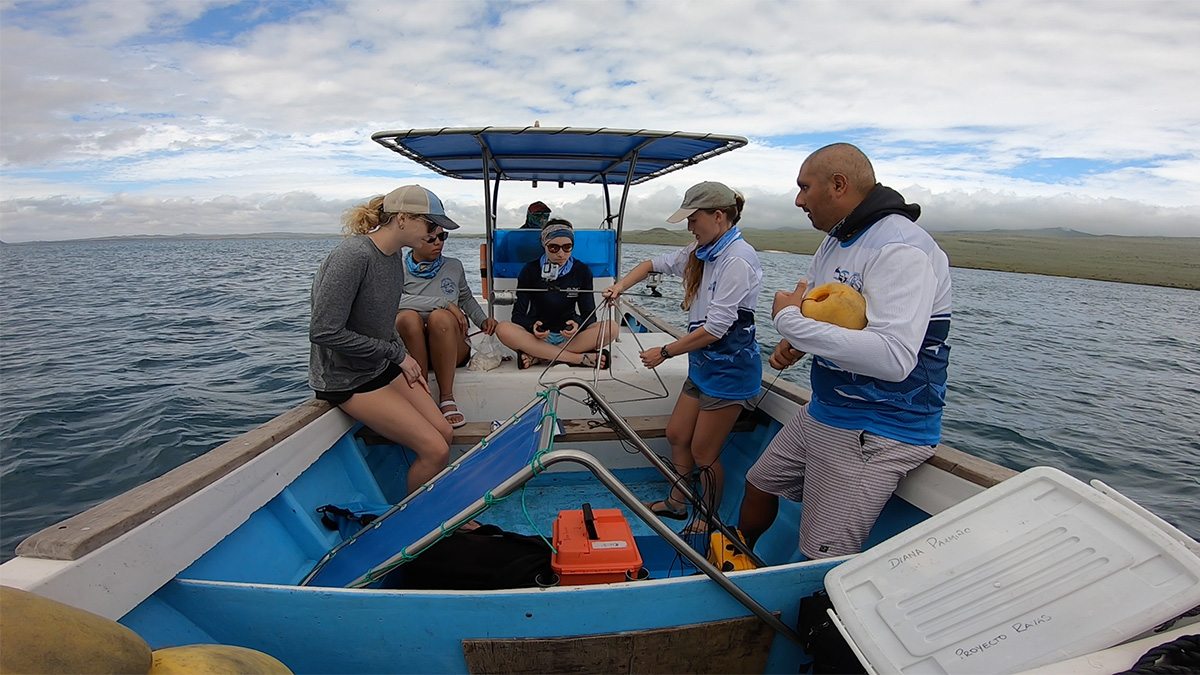A message from the chancellor: The impact of Carolina’s global work
"What happens around the world has a direct impact on every North Carolinian, and what happens in our state has a ripple effect around the world. Our challenges transcend political boundaries and demand that we partner with neighbors near and far for solutions."

Dear Carolina Community,
Borders are important. They focus our attention and give us a clear sense of our responsibility. As chancellor of the University of North Carolina at Chapel Hill, I’m acutely focused on what happens between Murphy and Manteo, for all the people who call this state home and look to our University as a resource to solve their most pressing problems.
But as a researcher and a scholar, I also know that borders aren’t absolute. What happens around the world has a direct impact on every North Carolinian, and what happens in our state has a ripple effect around the world. Our challenges transcend political boundaries and demand that we partner with neighbors near and far for solutions. Events on the other side of the planet have a huge impact on our daily lives. The screen you’re using to read this message was made from parts assembled in many different countries; the email was delivered on a network that spans the globe; and many of you are reading it in places far from Chapel Hill, spending your summer at jobs, internships and research sites all over the world.
I’ve been thinking about our University’s critical balance of local and global thinking because I’m writing to you from San Cristobal Island off the coast of Ecuador, joining scientists from around the world, along with leaders from our world-class faculty, to mark the 10-year anniversary of UNC’s Galapagos Science Center (GSC) at the World Summit on Island Sustainability. Created in partnership with the Universidad San Francisco de Quito, the GSC has welcomed researchers from Carolina and scores of other institutions for the past decade to study marine biology, changing climate patterns, public health, sustainable development and much more — issues that matter all over the world, and certainly in our home state.
I often find that observation is sharpest when you’re in new territory, stepping outside the familiar confines of your home or your discipline. I visited the GSC in 2016 and rode a bike into the highlands and forests of the island. The Galapagos is famous for Charles Darwin’s work with tortoises and birds along the coasts, but he made fascinating discoveries on every part of the island, including insights into the way trees adapted to capture moisture in the foggy air. The landscape helped drive his sense of wonder, and it inspired my own.
The opportunity to look at common problems in a new and fresh context can be a powerful spark for creative thinking. We are working to ensure that everyone in our community has global experiences and opportunities to connect with our global partners wherever they are. We call this our Global Guarantee, our commitment to our students who will need to know how to navigate the world beyond the borders of North Carolina and the United States when they graduate.
The faculty, researchers and students working here on San Cristobal have produced remarkable insights that shape policy and innovation regardless of boundaries. We can’t serve our state to the best of our ability without the insight, wisdom and experience our global partners provide. I am grateful for their perspective and collaboration, which helps us be a better university to serve the people of North Carolina and the world.
Sincerely,
Kevin M. Guskiewicz
Chancellor




